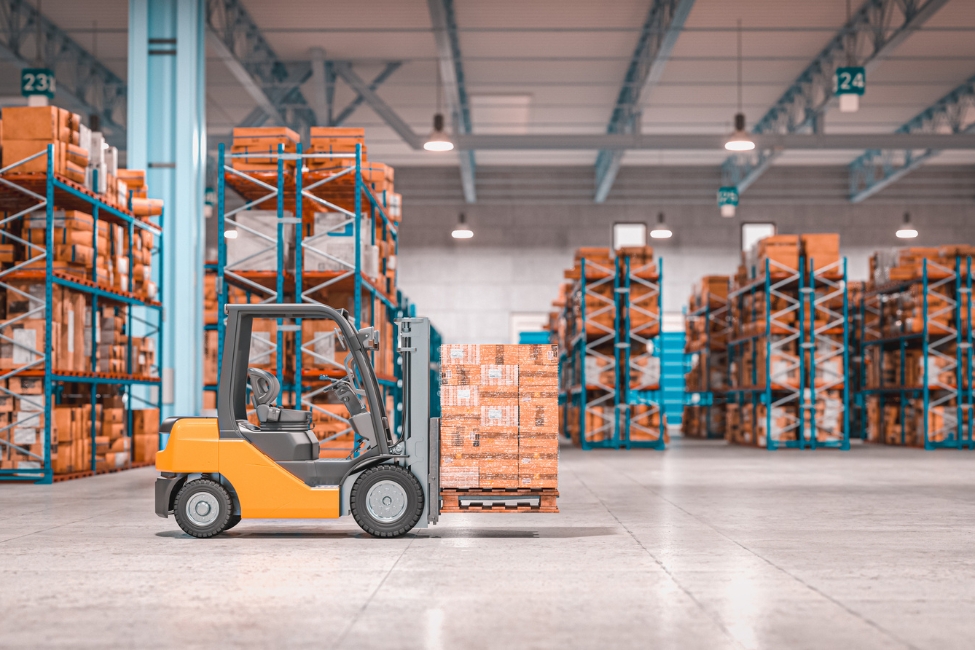Logistics Leaders See Tight Capacity, High Prices Through Mid-2026

The Logistics Managers’ Index rose for the second consecutive month due to rising costs as the economy remains uncertain, according to researchers at Florida Atlantic University and four other schools.
The Logistics Managers’ Index rose for the second consecutive month due to rising costs as the economy remains uncertain, according to researchers at Florida Atlantic University and four other schools.
May’s index read in at 59.4, up slightly from April’s reading of 58.8. The reading is up 3.8 from the year prior. A score above 50 indicates that the logistics industry is expanding, while a score below 50 indicates that the industry is shrinking.
Costs, particularly inventory costs, led to this month’s expansion. Inventory costs rose to 78.4, the highest level since October 2022, while inventory levels were only 51.5. The gap between the two suggests that many inventories are sitting stagnant.
“The persistent uncertainty with respect to tariffs seems to be causing upward pressure on inventory costs, likely because of stockpiling effects,” said Steven Carnovale, Ph.D., associate professor of supply chain management in the College of Business. “The previous pause on tariffs opened up an opportunity to stockpile, which is also likely reflected in the rise in warehousing utilization and costs, as well as the rise in upstream warehouse utilization.”
The LMI, a survey of director-level and above supply chain executives, measures the expansion or contraction of the logistics industry using eight unique components: inventory levels, inventory costs, warehousing capacity, warehousing utilization, warehousing prices, transportation capacity, transportation utilization and transportation prices. Along with FAU, researchers at Arizona State University, Colorado State University, Rutgers University and the University of Nevada at Reno calculated the LMI using a diffusion index.
Warehousing readings also point to further uncertainty among firms on the direction of the U.S. economy and tariff policy. Warehousing capacity was flat at 50, while warehousing costs and warehousing utilization read at 72.1 and 62.5, respectively. The readings suggest that inventories are sitting longer amid slower consumer demand and firms have been holding goods in anticipation of future tariff changes.
“At a certain point, the see-saw effect of increased/decreased tariffs is likely going to lead to firms stockpiling when tariffs come down, and likely be forced to sit on excess inventory,” Carnovale said. “In this case, the decision will be: are the holding costs of excess inventory less than the (potential) future tariffs? And to what degree will these increased prices pass through to consumers?”
Overall, respondents expect inventory levels to increase in the year ahead, with capacity growing tighter and costs expanding, highlighting the overall sentiment that trade issues and uncertainty will be wrapped up by the end of the year.
-FAU-
Latest News Desk
- New Study on Hope Among U.S. Youth Reveals Key to Safer SchoolsAs the new school year begins, a study by FAU's College of Social Work and Criminal Justice reveals that hope in adolescents is a powerful protective force against bullying and cyberbullying.
- FAU Celebrates Summer 2025 GraduatesFlorida Atlantic University conferred nearly 1,800 degrees over the course of three in-person commencement ceremonies in the Carole and Barry Kaye Performing Arts Auditorium.
- 'Virtual' Socializing Greatly Eases Isolation in Seniors with DementiaResearchers analyzed 1,900 virtual events to find the best indicator of social engagement in older adults with dementia. Group dynamics - more than individual traits - drove connection and eased isolation.
- Could Nanotechnology Spark Elementary Students' Curiosity in Science?FAU College of Education researchers have turned to nanotechnology - an increasingly relevant and multidisciplinary field - to cultivate critical thinking and decision-making skills in elementary students.
- FAU Publishes Initial Annual Report: Florida Office of Ocean EconomyHoused at FAU, the Florida Office of Ocean Economy was created to position the state as a global leader in ocean-linked industries and to build the foundation for a thriving ocean economy.
- FAU Professor Highlighted for Park Designed for Coastal ResiliencyJeffrey E. Huber, professor in the School of Architecture within the Dorothy F. Schmidt College of Arts and Letters at Florida Atlantic, was recently featured in Architectural Record magazine for a park.






